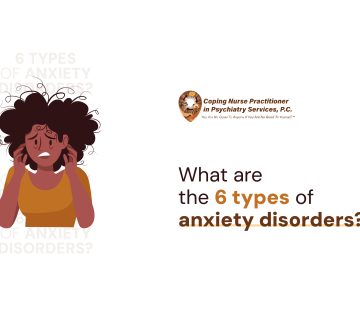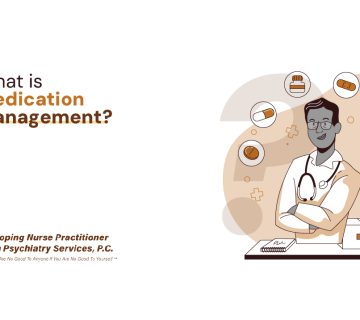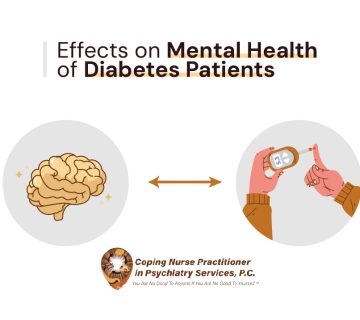Post-traumatic stress disorder (PTSD) can really disrupt your life. You may not sleep as well because the memories of your traumatic experience keep you awake and prevent you from truly relaxing.
Nightmares and insomnia are common among people with PTSD. But medication doesn’t seem to help relieve the problem as well as directly addressing your symptoms with therapy.
Dr. Judy E. Vansiea of Coping Nurse Practitioner in Psychiatry Services explains more about how therapy can help your PTSD — and help you get a better night’s sleep, too.
What is PTSD?
Post-traumatic stress disorder (PTSD) is a chronic mental health condition. You may experience flashbacks to a traumatic event, especially if you’re a veteran. A veteran herself, Dr. Vansiea is an expert in managing the trauma you’ve experienced.
You may relive the traumatic experiences of being in armed conflict or even from simply having been deployed. Military service is often very traumatic because we have to leave our support network and everything we know.
How PTSD affects sleep
Many people with PTSD find that one of the first disruptions is to their sleep. You may experience insomnia or difficulty falling or staying asleep. If you had a history of disrupted sleep before you went to combat, you’re at greater risk of developing PTSD after your military service.
Once the disorder sets in, you may find it even more difficult to fall asleep due to memories of the traumatic experience. Once you find yourself having trouble sleeping, it may be a self-perpetuating cycle; you expect to have trouble sleeping, so you do.
Symptoms of PTSD
PTSD may have some of these effects on you:
- Avoidance of things that trigger your PTSD reactions
- Intrusive memories
- Heightened arousal (expecting a trigger at any time)
Post-traumatic stress disorder is a lifelong condition. It usually affects every aspect of your life, including your relationships.
Substance abuse is often comorbid
Substance abuse is often comorbid with PTSD, meaning the two are found together. Sometimes, people with PTSD use substances to help them fall asleep. Although this seems like it will ultimately help, it doesn’t ultimately help in the end.
Cognitive behavioral therapy (CBT) is designed to help bring you more peace and comfort, which will be permanent.
Recovery from PTSD
Recovering from PTSD is often a long process, and it’s not usually simple. Recovery is not like turning off a light switch.
We begin by teaching you new coping skills for your triggers. Sometimes, we also use medication to help. If you’ve been turning to substances for relief, Dr. Vansiea helps to wean you off them and substitute healthier behaviors instead.
If you have PTSD and are having trouble sleeping, you’re not alone. That’s one of the hallmarks of the disorder. But you can get help and feel able to sleep through the night again.
Contact Dr. Judy E. Vansiea at Coping Nurse Practitioner in Psychiatry Services for an appointment or book one online.





No comment